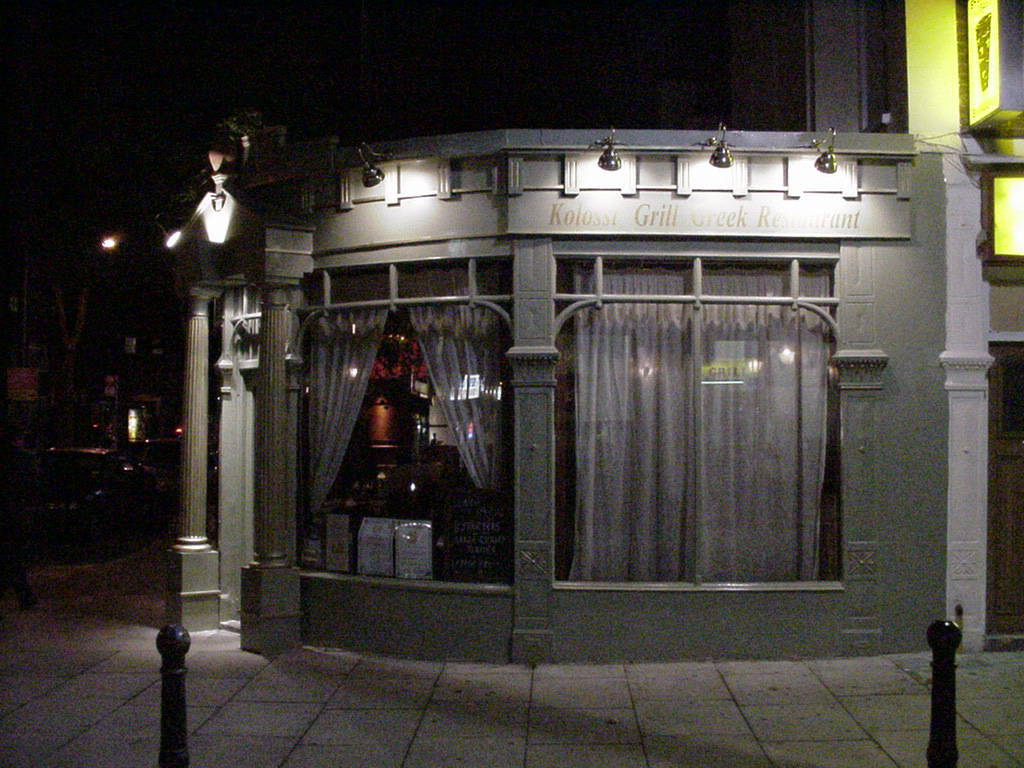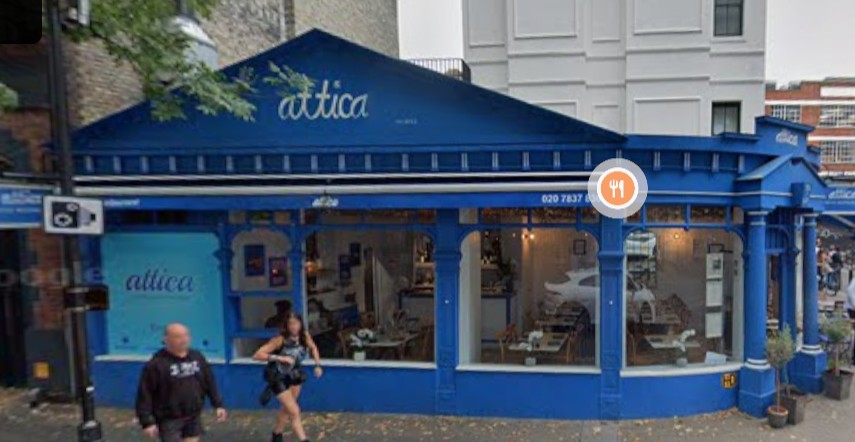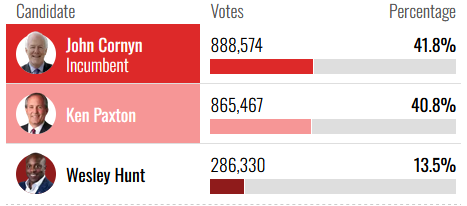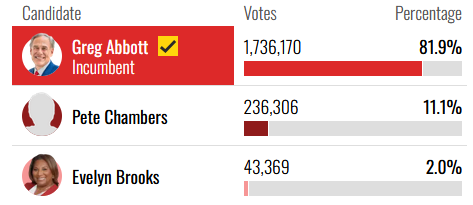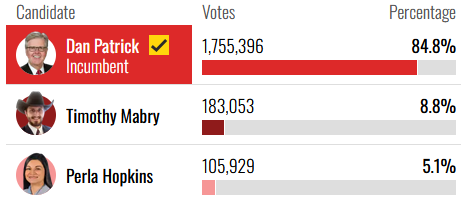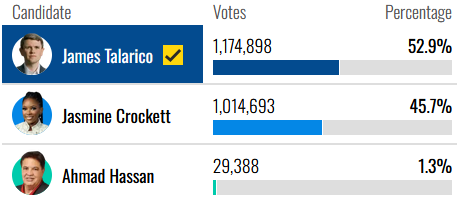Also in last Tuesday’s Republican ballots were a series of “propositions” — basically, a way for the Texas Republican Party to gauge the feelings of their supporters for ideas that should be considered for inclusion as planks in their party platform in future elections. They make for interesting reading (with my vote + reasons):
Proposition 1:
Texas property taxes should be assessed at the purchase price and phased out entirely over the next six years through spending reductions. — Yes (government should get only one bite at the cherry, not an annual one; if they need more money, let them beg for it at election time, or sell bonds)
Proposition 2:
Texas should require any local government budget that raises property taxes to be approved by voters at a November general election. — Yes (one of my buddies recently moved to a “growing” area, and was presented with a 40% increase in his property tax for next year; municipalities should never think they have an open checkbook)
Proposition 3:
Texas should prohibit denial of healthcare or any medical service based solely on the patient’s vaccination status. — Yes (screw those Covid-type excrescences)
Proposition 4:
Texas should require its public schools to teach that life begins at fertilization. — Yes (although I have some reservations about this, I can see why it’s been suggested)
Proposition 5:
Texas should ban gender, sexuality, and reproductive clinics and services in K-12 schools. — Yes (if the kids feel they need any of those, they can do it with their parents, outside school)
Proposition 6:
Texas should enact term limits on all elected officials. — Yes (although I sometimes like it when we get a good ‘un, I don’t like any politician to get too comfortable in a sinecure)
Proposition 7:
Texas should ban the large-scale export or sale of our groundwater and surface water to any single private or public entity. — Yes (we don’t have a lot of water in the Lone Star State, and we need to guard it jealously)
Proposition 8:
The Texas Legislature should reduce the burden of illegal immigration on taxpayers by ending public services for illegal aliens. — Yes (especially education, which has stuck in my craw for decades)
Proposition 9:
The Republican-controlled Texas Legislature should stop awarding leadership positions, including committee and subcommittee chairmanships and vice chairmanships, to Democrats. — Yes (because Democrats are not to be trusted with any levers of power)
Proposition 10:
Texas should prohibit Sharia Law. — Yes (to address any First Amendment qualms on this issue, see what’s happened in Britishland)
I’ll be interested to see how this all plays out.



